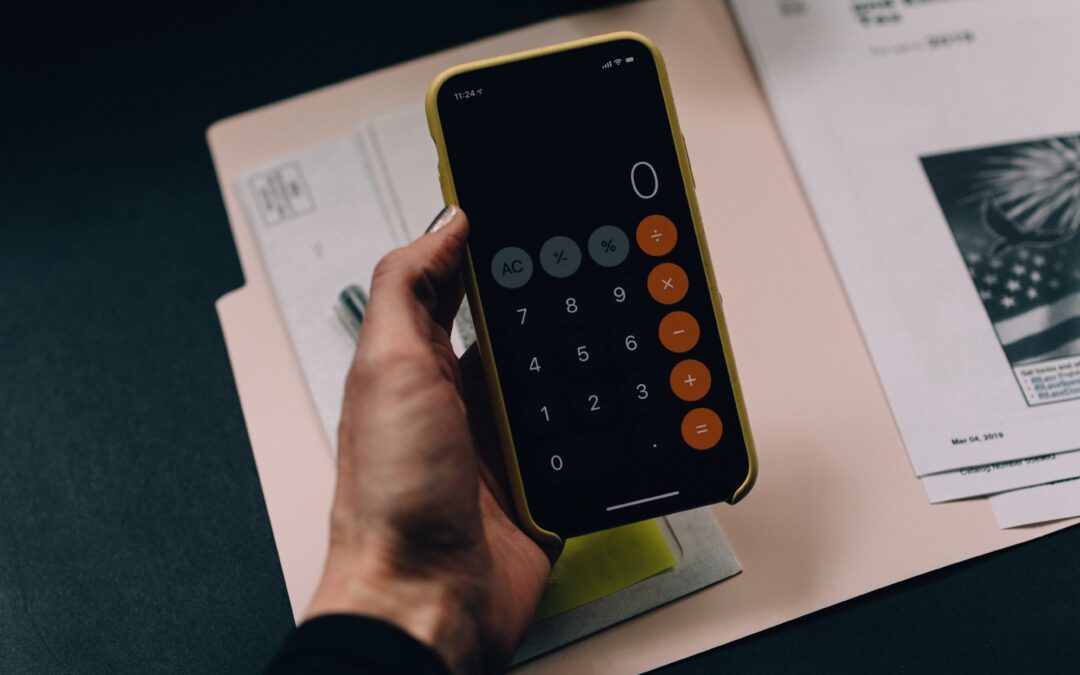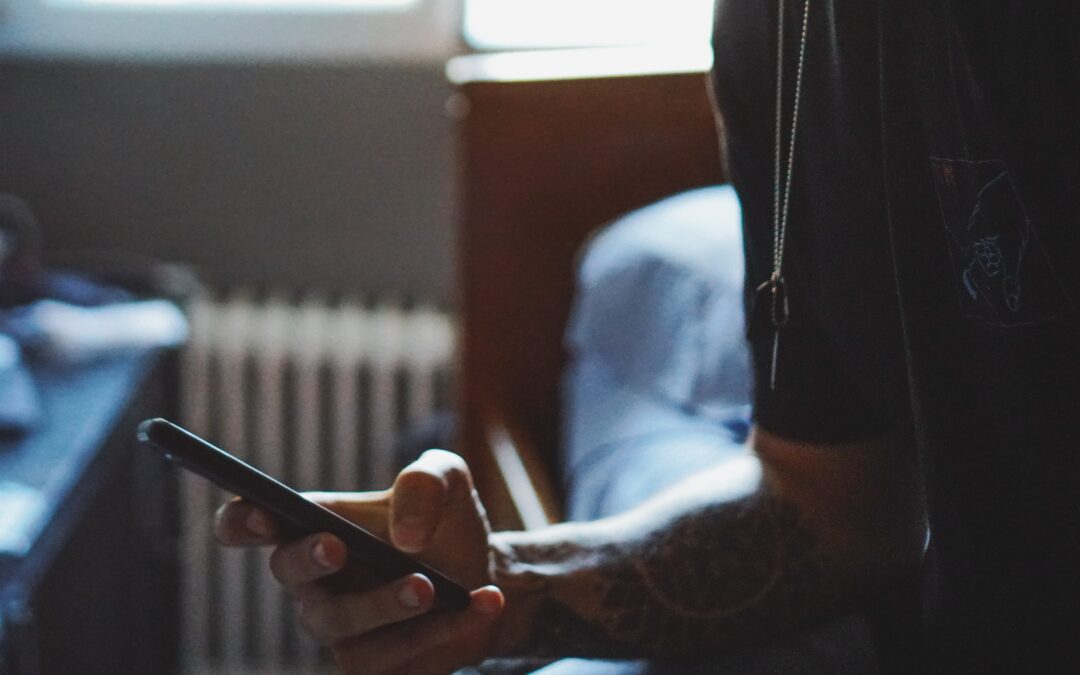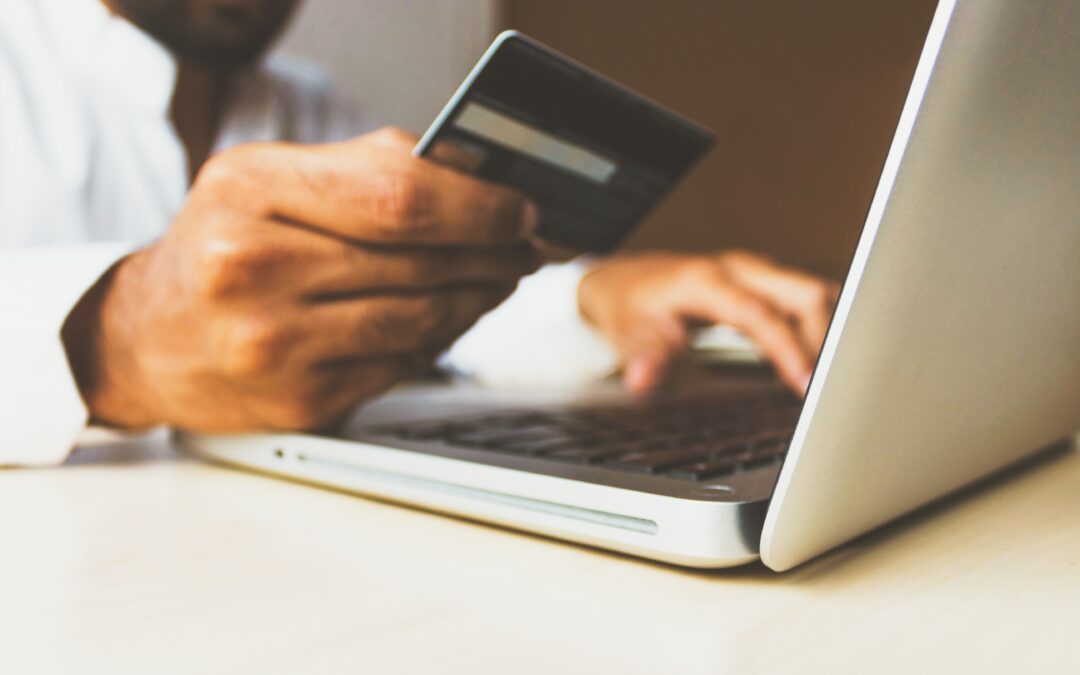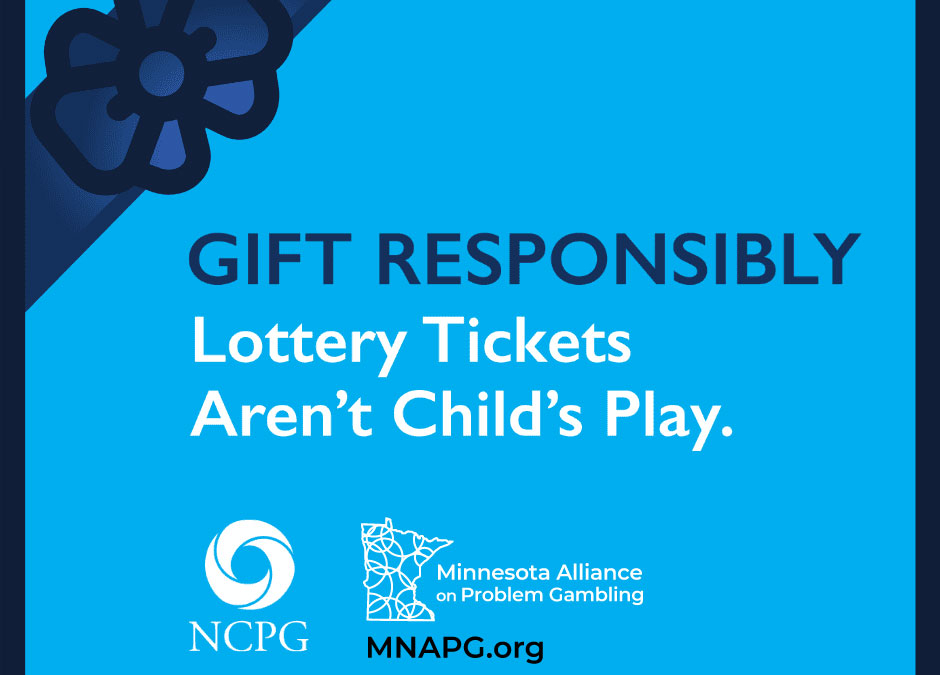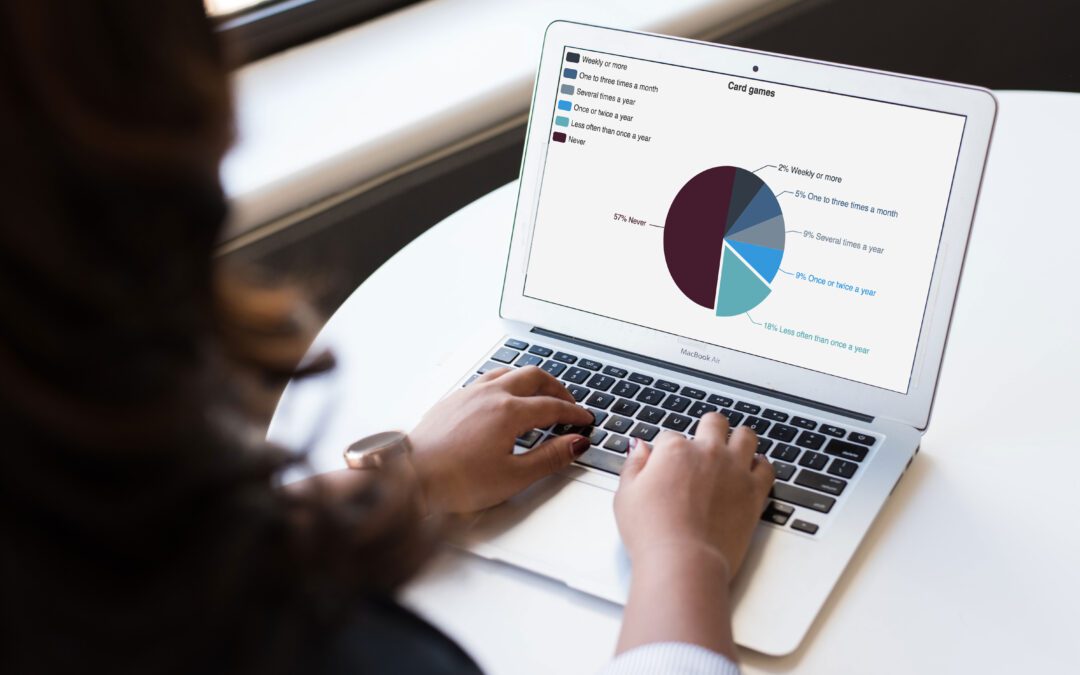
Jan 26, 2022 | PROBLEM GAMBLING, PROFESSIONALS, RESEARCH
Read the original article on The BASIS here.
By John Slabczynski
Many responsible gambling strategies, such as setting a budget, rely on bettors to monitor their own gambling behavior. However, monitoring one’s own gambling has key limitations, as gamblers often underestimate their losses or overestimate their wins. These problems with recall might be due to the complexity of calculating gambling outcomes and the particular phrasing of gambling expenditure questions. This week, The WAGER reviews a study by Robert Heirene and colleagues that examined the accuracy of self-reported gambling outcomes (as compared to actual betting records) when participants were informed of specific ways to calculate these metrics.
What was the research question?
How accurately do participants report their gambling outcomes when given instructions on how to calculate them? Additionally, what variables predict estimation inaccuracy?
What did the researchers do?
The researchers recruited 652 customers1 from an online gambling operator via email and asked them to complete a short questionnaire. The questionnaire asked participants to estimate their total number of bets placed in the past 30 days and net gambling outcome, defined as total winnings or losses during this same period. Unlike prior studies that also assessed the accuracy of gambling expenditure, these researchers provided instructions on how to calculate these metrics. The researchers then compared participants’ reported number of bets and outcomes to their actual behaviors which were provided by the online gambling operator in the form of electronic betting records. Finally, the researchers assessed whether certain variables predicted the accuracy of estimated gambling outcomes.
What did they find?
Only 7.4% of participants estimated their betting frequency within a 10% margin of error of their actual betting frequency, with 69.6% underestimating their betting frequency. Estimates of net gambling outcomes were similarly biased; only 4.1% reported a gambling outcome within a 10% margin of error, and 64.8% underestimated their losses (see Figure). Participants’ actual net gambling outcome was the greatest predictor of estimation inaccuracy, particularly among those with a net loss. Underestimating winnings was the second most common estimation error, yet only 12.8% of participants made this error.

Figure. Percentage of participants in each estimation error group based on the difference between their self-reported net outcome and actual net outcome (i.e., based on electronic gambling record data).
Why do these findings matter?
These findings show that even when given specific instructions on how to calculate their net gambling outcome, participants still failed to accurately estimate winnings or losses. This brings into question the effectiveness of many responsible gambling strategies, as people might not be able to consistently recognize when they’ve passed their betting limits. It may be better to have gambling operators provide bettors with frequent updates on their real gambling expenditure. This study also highlights potential validity issues in other gambling studies that rely on self-report.
Every study has limitations. What are the limitations in this study?
First, this article only assessed participants’ involvement on one online gambling operator and thus did not capture activity on other sites. Second, a very small number of participants (i.e., 1.9%) who received the recruitment email participated, and those who did participate appeared to have different gambling habits compared to those who did not participate.
For more information:
The Responsible Gambling Council has tips to gamble more responsibly. If you are worried about you or someone you love’s gambling habits, you can find gambling support resources at The National Council on Problem Gambling. Additional resources can be found at the BASIS Addiction Resources page.
— John Slabczynski
[1] Among those who took the survey, 652 participants reported their 30-day gambling frequency and 514 reported their 30-day net outcome (i.e., loss or win amount). Percentages reported are based on the total sample of non-missing cases for each variable.

Jan 10, 2022 | HELP, PROBLEM GAMBLING, PROFESSIONALS
Working your recovery program is hard. To help assist those who may feel tempted to gamble online or visit a casino or card room, there are a few tools that may be helpful. None are foolproof, but if you are committed to your recovery, these tools may help.
GAMBAN – a voluntary, self-exclusion tool for online gambling sites.
Given that many gamblers may be moving online, especially during COVID-19 times, MNAPG is offering individual subscriptions for an online self-exclusion tool called Gamban. This tool enables the gambler to block tens of thousands of online gambling sites on all devices. MNAPG has purchased one-year subscriptions that can block up to 15 devices in one household. If you are interested, please email sstucker@mnapg.org and a link will be provided to set up the account.

Jan 10, 2022 | PROBLEM GAMBLING, RESEARCH
Read the original article on The BASIS website.
By Matthew Tom, PhD
Many video games provide players with opportunities to purchase in-game items after they’ve already started playing. If these items give players a better chance of advancing in the game or help players stay competitive in online matches against other players, then the game is called Pay-to-Win (P2W). Some researchers have noted parallels between P2W games and some forms of gambling. For example, both can tap into people’s competitive spirits, getting them to spend more than they might otherwise. In this last week of 2021, as millions try out the new toys and games they received as holiday gifts, The WAGER reviews a study by Fred Steinmetz and colleagues that explores possible links between purchasing in P2W games, problems controlling gambling, and between gambling participation and problems controlling P2W purchasing.
What was the research question?
Are there associations between aspects of pay-to-win purchases in video games and problems controlling gambling?
What did the researchers do?
The researchers acquired data from the German online panel of the e-GAMES (Electronic Gam(bl)ing: Multinational Empirical Surveys). Participants responded to survey items related to (1) demographics, (2) participation in various gambling games, (3) number of payments and (4) total amount paid in P2W game purchases, and (5) motivations for making P2W purchases. Participants also filled out a screener questionnaire that measures risks associated with gambling (the Problem Gambling Severity Index; PGSI) and an analogous screener for risks associated with P2W game purchases (the PGSI modified for Pay-to-Win gaming, yielding a “P2W risk score”). The researchers used data from the 700 participants who both gambled online and were P2W players. They used linear regression models to estimate the associations between gambling activity and P2W risk score, between P2W purchasing and PGSI score, and between P2W risk score and PGSI score.
What did they find?
Gambling by itself was not a risk factor for problems with P2W games. However, extreme levels of gambling were. More specifically, participation in any of the eight forms of gambling listed in the survey had no or very small associations with P2W risk scores (see Figure), but people who spent more money on gambling, and those who had relatively high PGSI scores, had higher P2W risk scores. The reverse was also true; higher P2W risk scores and more frequent P2W purchases both predicted higher PGSI scores. However, in contrast, spending more money on P2W purchases was linked to lower PGSI scores.

Figure. Gambling activities used in linear regressions to predict pay-to-win risk score in Steinmetz et al. (2021).
Why do these findings matter?
Simply participating in P2W gaming does not appear to increase the risk for gambling problems, or vice versa. However, excessively participating in one activity was linked with excessively participating in the other activity. There could be something connecting problems with one form of entertainment and problems with the other. For example, some P2W games contain gambling mechanics (e.g., loot boxes), so it is possible that these items are serving as substitutes for traditional gambling for some people. These findings suggest that those who experience problems with gambling should avoid getting deeply involved with P2W games, and that those who have had issues with P2W games should be careful around gambling.
Every study has limitations. What are the limitations in this study?
This survey was cross-sectional, so the researchers could not determine whether the problems with P2W games caused problems with gambling or vice versa. The screener for problems with P2W games has not been validated, so the risk score measured might not represent risk of harm accurately.
For more information: As publishers release new games, and add loot boxes and P2W mechanics to current games, fans and players with mathematical savvy post articles with their calculations of the utility (or lack thereof) of these items on forums such as Reddit. Much like with many forms of gambling, educating oneself about the games and how they function is one possible step towards preventing these games from creating problems in the future.
If you think you might have trouble controlling your video gaming (or gambling), resources are available for gaming and for gambling. Additional resources, including gambling and self-help tools, can be found on our Addiction Resources page.
— Matthew Tom, PhD

Dec 6, 2021 | HEALTHY PLAY, PROBLEM GAMBLING, YOUTH GAMBLING
HOLIDAY SEASON REMINDER:
LOTTERY TICKETS ARE NOT APPROPRIATE GIFTS FOR MINORS
(ROSEVILLE, MN (Dec. 1, 2020) – The Minnesota Lottery and the Minnesota Alliance on Problem Gambling (MNAPG) announced today they are continuing their annual participation in an international responsible gambling campaign to raise awareness about the risks of underage lottery play during the holiday season. Both organizations will promote the importance of responsible gambling through various media channels, joining a growing effort to raise awareness about this issue around Minnesota, the United States and North America.
December is a time when many cultures share in gift giving, and some may consider giving scratch tickets to young people as gifts. “A scratch-off ticket may provide momentary excitement, but underage recipients don’t have the cognitive development to discern the potential risks of gambling,” says Susan Sheridan Tucker, MNAPG executive director. “This is why tickets sales are limited to adults.” When a trusted adult provides a ticket to a minor, it normalizes the activity as an acceptable practice.
In the most recent Minnesota Student Survey (2019) .05 percent of students indicated possible disordered gambling and another 2 percent indicated having problems with their gambling. This may seem like a small number, but it translates into 10,000 students. We know that a young person’s gambling starts as early as 10 years old. 30 percent surveyed indicated they had gambled in the last year and 7 percent said they gambled frequently (at least once a week or more). Youth gambling is particularly concerning because researchers have established a link between the age at which a person first gambles and the occurrence of excessive or problem gambling later in life. Studies have also shown that many adolescents gamble at least occasionally, and that lottery products, particularly scratch tickets, often serve as an introduction to gambling activities for youth.
“While we think lottery tickets make for fun gifts for adults, they are not appropriate as a gift for minors,” says Adam Prock, executive director of the Minnesota Lottery. “The commitment of the Minnesota Lottery and so many other lotteries around the country demonstrates our interest in ensuring that lottery participation is both fun and safe.” Both Tucker and Prock feel that responsible gambling is a positive approach to minimizing gambling-related harm and maximizing public benefit.
About Minnesota Alliance on Problem Gambling
Minnesota Alliance on Problem is a nonprofit, gambling-neutral organization dedicated to improving the lives of Minnesotans affected by problem gambling. A 501 (c)(3) nonprofit, MNAPG is funded by membership fees, financial and in-kind donations, and state and private grants. MNAPG serves as Minnesota’s affiliate to the National Council on Problem Gambling.
About Minnesota State Lottery
The Minnesota Lottery raises money for programs that positively impact the lives of Minnesotans. It offers uniquely Minnesotan games of chance that are held to the highest standard of integrity and security. Since 1990, the Lottery has returned more than $3.1 billion to programs that benefit all Minnesotans, including the state’s most precious natural resources, education, health care and more.
If someone you know needs help with a gambling problem, call (800) 333-HOPE. Treatment is available free of charge for qualifying individuals throughout Minnesota.

Nov 28, 2021 | HELP, PROBLEM GAMBLING, RESOURCES
New Feedback Tool for All Minnesotans
Minnesotans now have the ability to see how their gambling behavior compares with other residents of the North Star State. MNAPG now provides a survey that will provide both feedback and useful information.
The survey, produced in partnership with Evolution Health, provides information on a respondent’s gambling habits and attitudes in comparison with other Minnesotans. Survey takers are asked to provide their first names, basic demographic information and answers to questions about their level of engagement with gambling.
As answers are provided, a pie chart graph pops up so that the viewer can see how other Minnesotans participate in that particular form of gambling. The respondent will also receive a personalized report identifying where they fall in the problem gambling spectrum as well as tips and resources. The report is private and is not held by Evolution Health or MNAPG. Aggregate data will be collected and will not be identifiable by name, IP address or any other identifying method. Our hope is that as an individual is considering whether they are experiencing negative consequences relating to gambling that this will be the start of further personal awareness and opportunities to seek helpful resources. The survey can be found at HERE.

Nov 28, 2021 | ADVOCACY, PROBLEM GAMBLING
Spreading the word
One of our goals is to educate mental health and substance use disorder providers about the need to screen for problem gambling among their clients and to encourage them to learn more about this addiction. As part of our mission, we travel to a variety of conferences, either presenting or exhibiting many of the resources we make available to the public. It’s an opportunity to have conversations and to learn what treatment providers are seeing on the front lines. Unfortunately, we learn — all too often — that those with problem gambling issues are not seeking the help available to them.
This quarter, we made presentations or presided over a table at:
• The Minnesota Alliance of Rural Addiction Treatment Programs conference in Wilmar
• The Faith and Addiction Conference in Bloomington
• The St. Louis County Health and Human Services Conference in Duluth
• The Minnesota Corrections Offices Conference in Nisswa
• The Minnesota Prevention Sharing Program Conference (virtual)
• The Minnesota Association of Resources for Recovery and Chemical Health (MARRCH) in St. Paul
• The St. Cloud StandDown (a program for Veterans), and
• Allied Charities of Minnesota in St. Cloud.
Page 10 of 14« First«...89101112...»Last »
